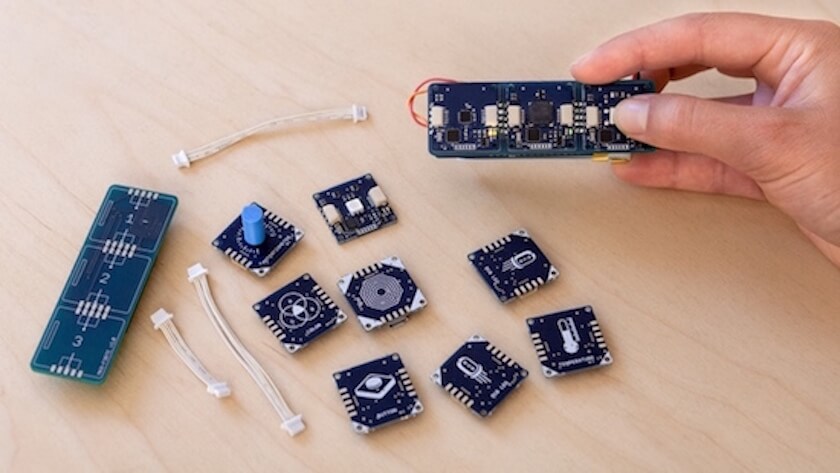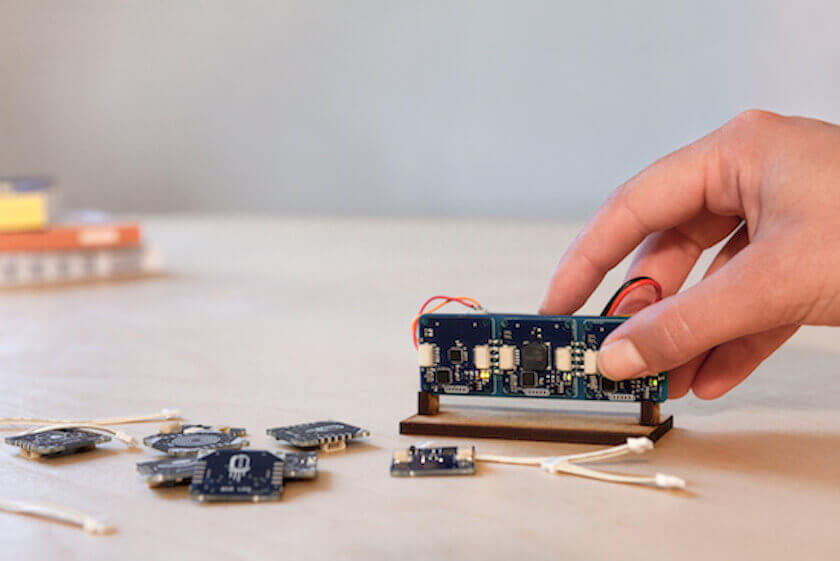Arduino has been doing a great job in encouraging engineers, technicians, and enthusiasts to develop projects that have influenced the maker revolution we are currently living in.
If you haven’t yet understood why Arduino has played a significant role in the past few years, you should first check out this article of ours.
Arduino Team now wants to go further specifically targeting the Internet of Things (IoT) niche with the ESLOV IoT kit that allows you to develop different hardware solutions for various scenarios
Called as the ESLOV IoT Invention Kit, it is a kind of LEGO Mindstorms, but of a completely different format. The idea is to connect all kinds of sensors together to work together and allow us to have all kinds of benefits, which can be leveraged from IoT.
ESLOV IoT: Modular solutions tailored for IoT
The system offers a bunch of sensors such as GPS receivers, distance sensor infrared light sensor, humidity and temperature sensor, air quality sensor, mini display OLED, a module with a button/switch, another with a servo and even one with a relay.
Each sensor has an ATmega328P processor, the same as we have in the Arduino Uno, and to work with these creations also have a WiFi hub that allows us to control the entire process.
This video demonstrates the simplicity with which you can build your IoT project with Arduino ESLOV IoT Invention kit.
Project leaders have launched this through Kickstarter, the first crowdsourcing project from Arduino LLC and offer different levels of kits with fewer or greater number of sensors.
Arduino ESLOV: Why You Should Support Arduino’s Crowdsourcing
The Arduino ESLOV IoT Invention kit is a simple plug-and-play toolkit. It is specifically designed keeping in mind the Internet of Things (IoT) and needs
The price for the basic kit is $ 99 (Hub, WiFi, button, buzzer and LED), while the “Pro” with all 22 modules(as mentioned in this article) in total along with the hub sells for $ 499.
There are also various plans in between and beyond this price. There is an intermediate kit for $ 249, and all of them will be available in July 2017 if the funding target is exceeded as expected.
Image Credits: Arduino Blog


